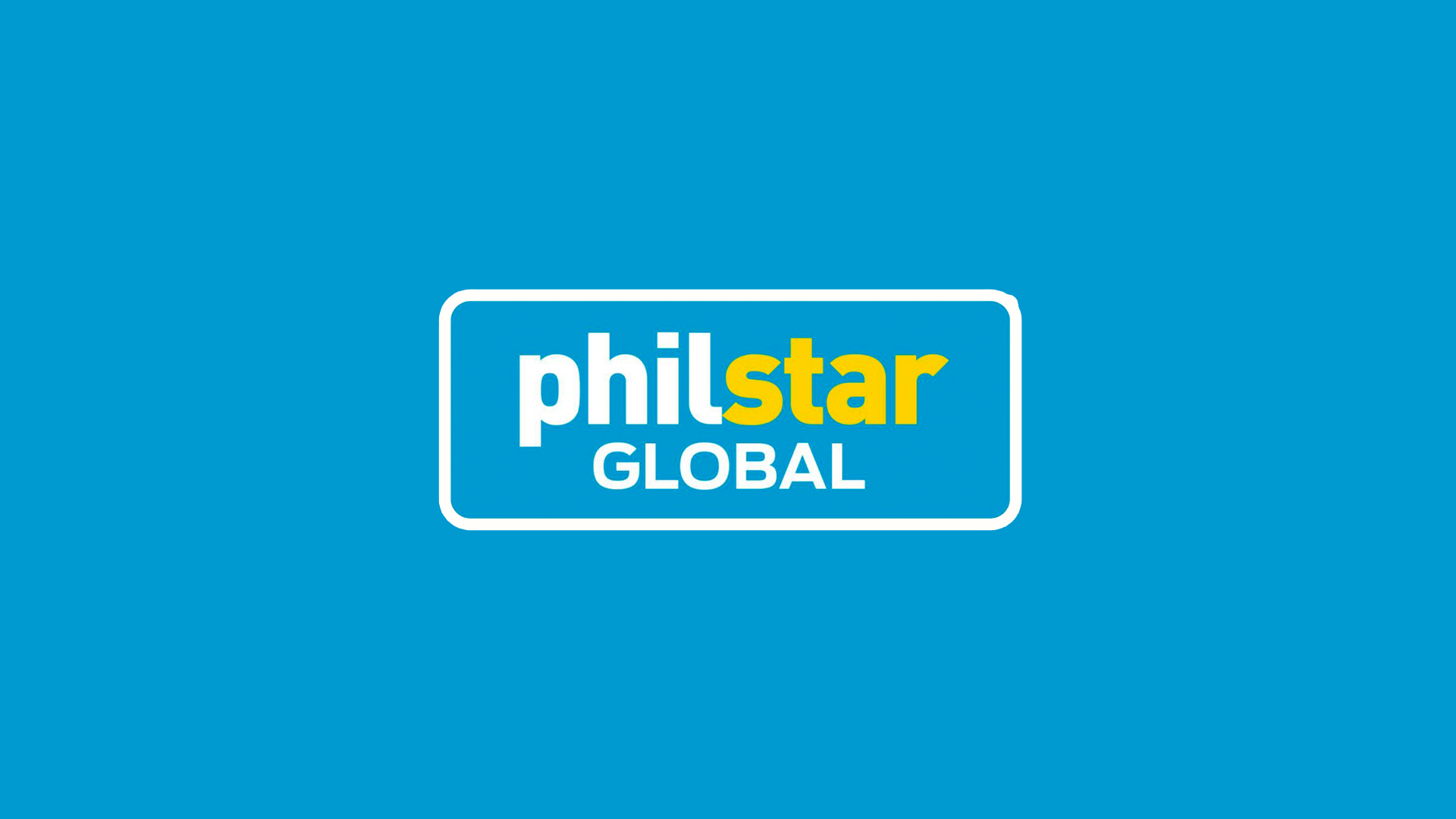
In the ever-evolving arena of business, the pivotal role of reputation remains undeniable. A company’s reputation mirrors its values, actions, and interactions with stakeholders, serving as the bedrock upon which trust, credibility, and brand loyalty are built. Nevertheless, akin to any valuable asset, reputation carries its own set of perils and tribulations.
Reputational risk, often alluded to as the “silent assailant” of businesses, encapsulates the peril posed by adverse public perception to an organization’s brand and financial stability. On one hand, a robust reputation functions as a shield, providing companies with resilience during crises and helping retain customer loyalty even in turbulent times. A favorable reputation also empowers businesses to allure top talent, foster robust partnerships, and command premium pricing for their offerings.
However, a darker facet of reputation unveils itself when it comes under duress. A solitary misstep or a negative incident can swiftly spiral into a calamitous crisis, eroding trust and goodwill with the abruptness of a lightning strike. In this era of social media and instantaneous communication, the virality of adverse information has escalated, heightening the potential repercussions of reputational harm. Consequently, companies are increasingly obliged to adopt proactive strategies for reputation risk mitigation.
The vital role of risk management in safeguarding reputation
Enter risk management, the compass that navigates organizations through uncharted waters rife with uncertainty and potential harm. Risk management involves identifying, assessing, and mitigating risks that could undermine an organization’s objectives. Among these risks, reputation risk stands out as an intangible yet inestimable asset, encapsulating stakeholder perceptions, beliefs, and sentiments toward a company or organization.
Effectively managing reputation risks necessitates preemptive measures aimed at shielding an organization from adverse events that could erode trust, loyalty, and credibility. The repercussions of reputation damage can reverberate across various dimensions of a business, including financial performance, customer retention, stakeholder engagement, and employee morale. In essence, a tarnished reputation can imperil the very foundation on which an organization stands, potentially leading to enduring setbacks or even business collapse.
Studies substantiate the pivotal role of risk management in safeguarding reputation.
A report by the World Economic Forum, for instance, underscores that a quarter of a company’s market value is inextricably linked to its reputation. Furthermore, research by Deloitte reveals that over 40 percent of surveyed executives deem reputation risk as one of their most formidable challenges.
By recognizing and addressing potential reputational risks, companies can implement measures to forestall or mitigate the impact of adverse events. This comprehensive approach extends beyond external factors to encompass internal processes, employee behavior, and ethical considerations.
Risk management empowers companies to chart a course through the intricate terrain of reputation and risk, fortifying themselves to face challenges and transform potential threats into opportunities for growth. In an era marked by heightened transparency, organizations that embrace risk management are better positioned to navigate tumultuous waters and withstand the storms that threaten their reputation.
In the Philippines, companies adeptly tread the fine line between reputation and risk, underpinned by a profound commitment to diligence. These local enterprises comprehend the significance of adopting a comprehensive approach to reputation risk management, one that takes into account the unique cultural and socio-economic dynamics of the region.
A striking illustration of effective reputation risk management can be observed within the Philippine banking sector. Local banks have proactively addressed reputational risks by bolstering their cybersecurity measures, reinforcing their defenses against potential data breaches, and guaranteeing customer data privacy. This proactive stance not only safeguards customer trust but also underscores a commitment to responsible business practices.
The sustainability sector within Philippine companies also takes center stage. Fueled by a growing consciousness of environmental and social concerns, companies are embedding responsible practices at the core of their operations. In doing so, they not only mitigate the risk of a tarnished reputation due to environmental controversies but also position themselves as pioneers in sustainable business practices. This twofold advantage underscores the synergy between reputation risk management and sustainable growth.
Furthermore, the burgeoning e-commerce industry in the Philippines has ushered in a fresh dimension of reputational risk. Online businesses are prioritizing transparent customer communication, reliable product quality, and swift issue resolution to safeguard their reputation. In an era where customers wield the power to instantaneously share their experiences, companies have no recourse but to elevate reputation risk management to the forefront if they wish to thrive in the digital marketplace.
Balancing act for business success
In the intricate choreography of reputation and risk, Philippine companies are exemplifying their prowess in maintaining a delicate equilibrium. While reputation risk presents a labyrinth of challenges, it concurrently serves as an opportunity for companies to showcase their resilience, ethics, and dedication to stakeholders. With tailored risk management strategies that resonate with the local context, businesses not only shield their reputation but also cultivate sustainable growth.
As the business landscape continues its inexorable evolution, the interconnectedness of reputation and risk will persist. For Philippine enterprises, the path forward hinges upon the adoption of proactive strategies that underscore transparency, responsibility, and adaptability. By deftly navigating this multifaceted terrain, businesses in the Philippines lay the groundwork for a future where their reputations remain unsullied and their growth endures.
